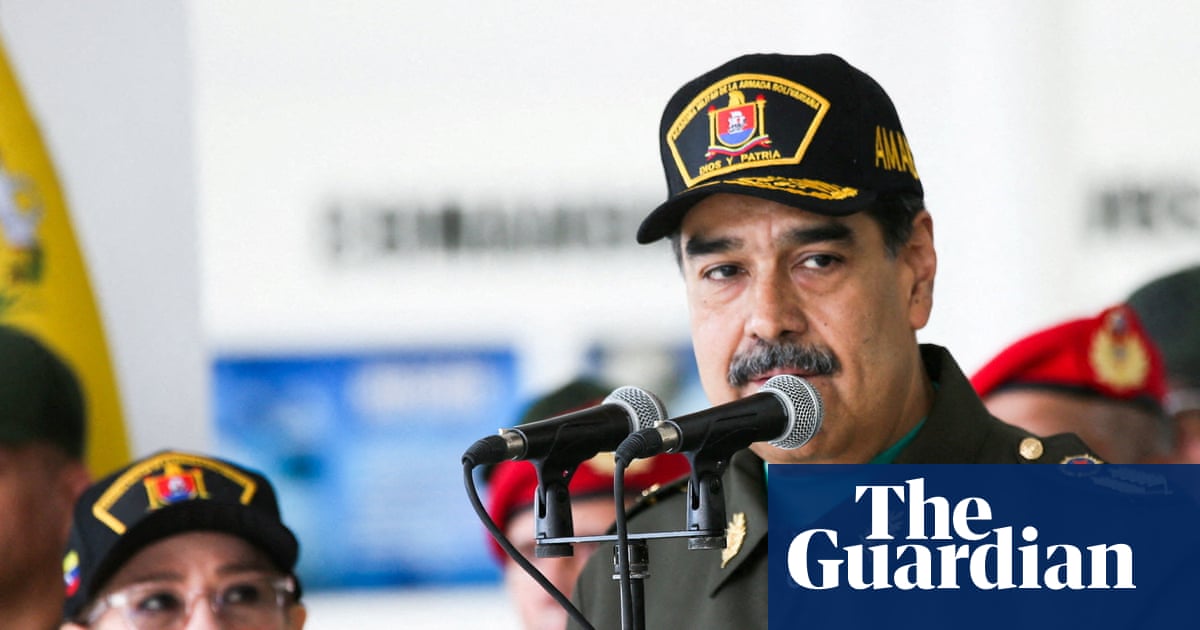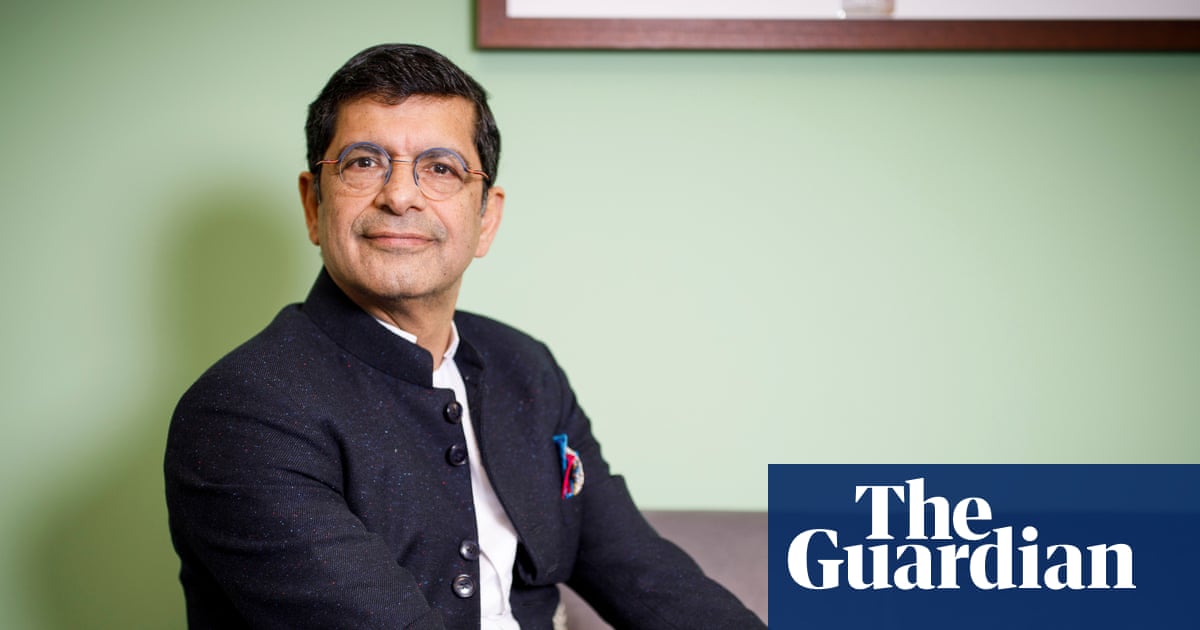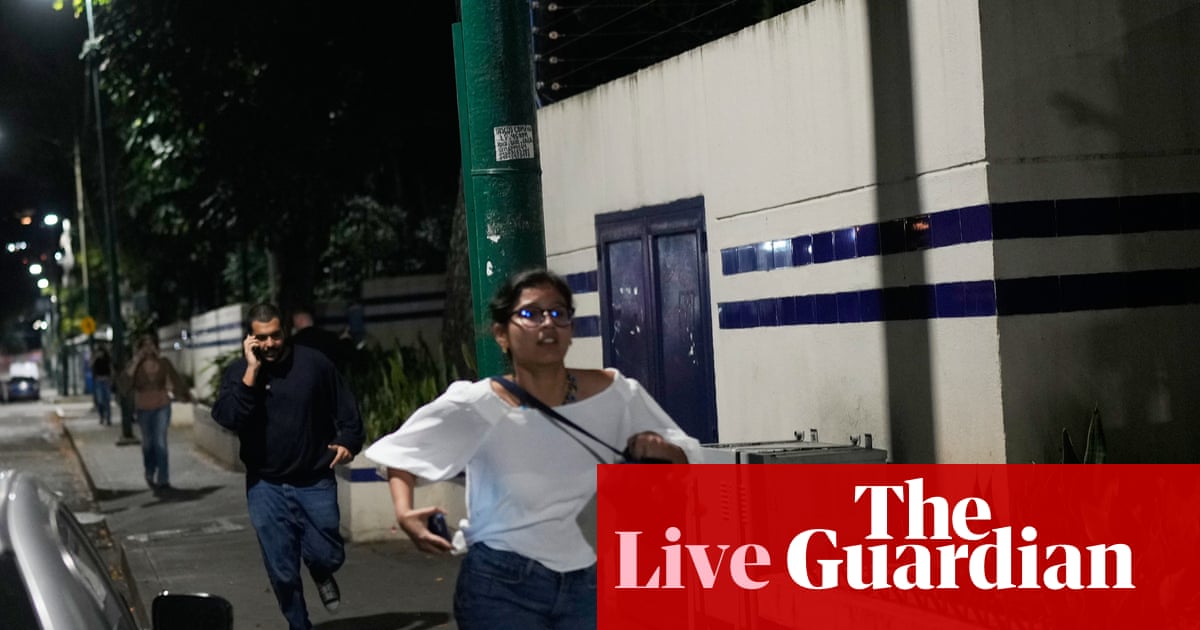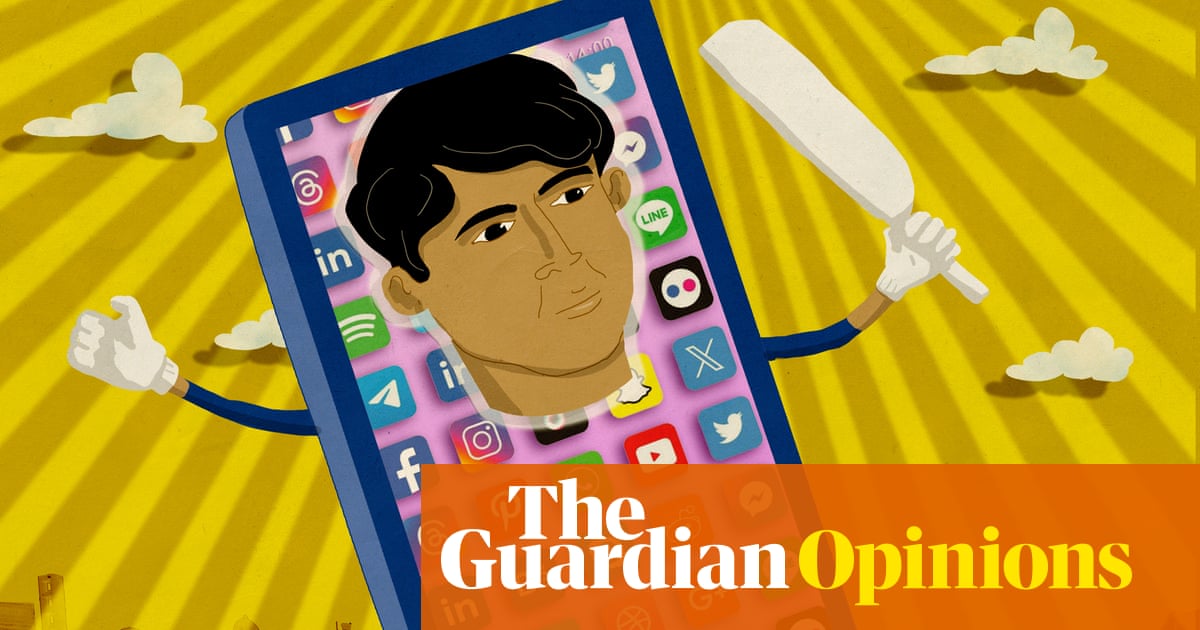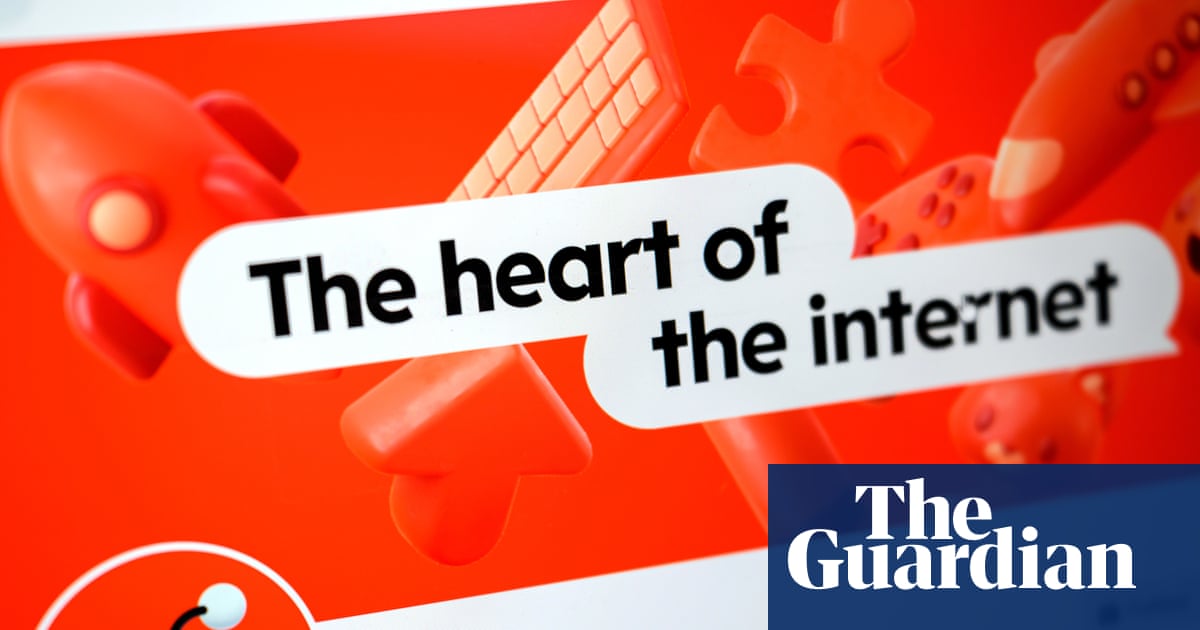Jamieson Greer, a US trade representative, said on Monday that Washington and Beijing have struck a framework agreement on transferring TikTok to US-controlled ownership.
Speaking after emerging from negotiations with Chinese officials, Scott Bessent said the deal was coming but declined to reveal the commercial terms.
“We have a framework for a TikTok deal,” the treasury secretary told reporters after coming out of high-level talks in Madrid. “We’re not going to talk about the commercial terms of the deal. It’s between two private parties, but the commercial terms have been agreed upon.”
The framework agreement is a breakthrough in the long-running dispute over TikTok’s ownership, which has raised national security concerns in Washington over the app’s Chinese parent company ByteDance. In April 2024, Joe Biden signed legislation that gave ByteDance nine months to sell the platform to a US-approved buyer or face a total ban – a deadline that Donald Trump has repeatedly extended.
The TikTok ownership saga stretches back to 2020, when Trump first ordered ByteDance to divest TikTok or face a shutdown. Microsoft initially pursued a potential acquisition worth billions of dollars, with CEO Satya Nadella engaging directly with Trump, but it fell apart in what Nadella dubbed at the time “the strangest deal” he’s ever worked on.
Soon after, Walmart and Oracle came close to buying TikTok’s US arm, proposing a joint acquisition of a new entity called TikTok Global, but it was shelved indefinitely after the Biden administration conducted its own review of Chinese tech companies.
Oracle has remained TikTok’s US cloud provider since 2022 in a deal aimed at addressing security concerns.
Bessent said final details would be settled when Trump speaks with Xi Jinping, China’s president, on Friday. Greer confirmed that the agreement was now awaiting approval from both leaders.
“We’re not going to be in the business of having repetitive extensions,” Greer said. “We have a deal.”
The US is estimated to have over 135 million active users on the platform, including the White House, which launched its own official account in August, despite the fact that government devices themselves are still prohibited from using the app under federal law.

 3 months ago
91
3 months ago
91

